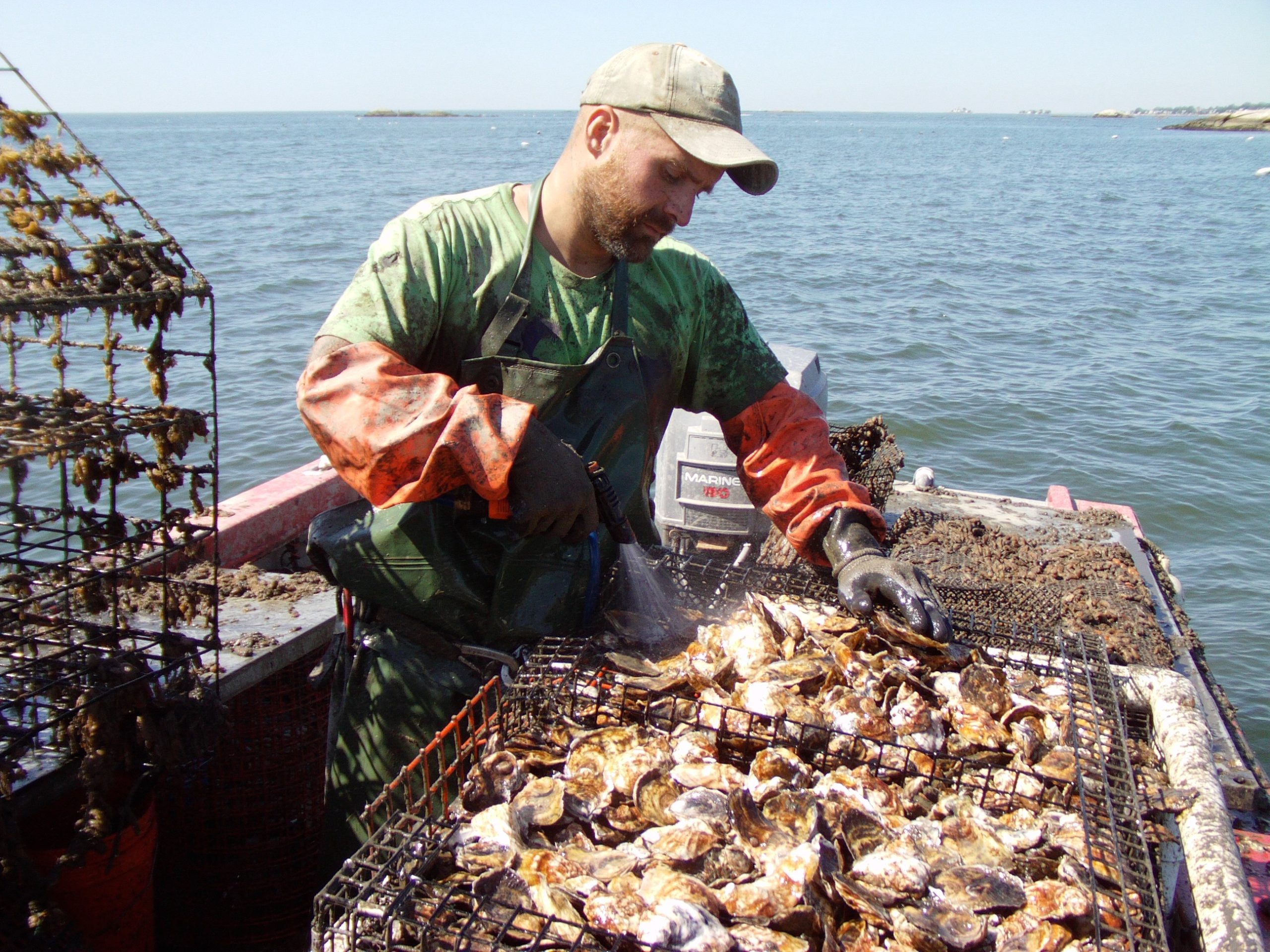A significant legislative session for 2024 – 2025 included a series of recommendations to streamline the permitting process for shellfish aquaculture in New Jersey.
Spearheaded by Primary Sponsor Calabrese Clinton, the proposals aim to consolidate and simplify regulatory procedures, enhancing efficiency and predictability for growers.
A key recommendation involves consolidating state-level applications into a single common application, using the Aquatic Farmer License application as a template. This change seeks to reduce bureaucratic red tape, enabling a more seamless application process for industry participants.
Another significant proposal involves synchronizing the renewal timeframes for Department of Land Resource Protection (DLRP) permits and Tidelands Licenses.

This change would allow growers to renew both items simultaneously, offering greater operational convenience and planning stability. The proposals also suggest modifications to the Tidelands Policy regarding shellfish aquaculture activities.
By making the upland owner notification and objection process more consistent with that of the DLRP General Permit 30 public notice, the aim is to shift the onus onto the objecting public to make their concerns known during the review process, rather than requiring shellfish growers to acquire public permission proactively.
Further, the recommendations advocate for establishing a clear and reasonable distance offshore, delineating the extent of landowner public trust rights for issuing a Tidelands License. This clarification would provide more certainty for both shellfish growers and coastal property owners.
The timely release of the annual State Vibrio Control Plan, at least 90 days in advance of its action start date, is another critical recommendation. This measure allows shellfish growers adequate preparation time to comply with health and safety standards.

In operational terms, the recommendations include allowing shellfish growers operating in subtidal waters to harvest immediately before inshore transport, given that an appropriate time-to-temperature regime is employed.
There’s a push to explore the feasibility and implications of permitting shellfish harvest seven days a week, requiring legislative changes to allow harvesting on Sundays. This aspect would necessitate adjustments in enforcement and funding mechanisms to support the extended operation.
The proposed legislative changes, including the authorization to take aquacultured shellfish on Sundays, reflect a concerted effort to support and grow the shellfish aquaculture industry in New Jersey.
By addressing key regulatory and operational challenges, these proposals aim to enhance the sustainability and productivity of shellfish farming, benefiting both the industry and the state’s coastal environment.


